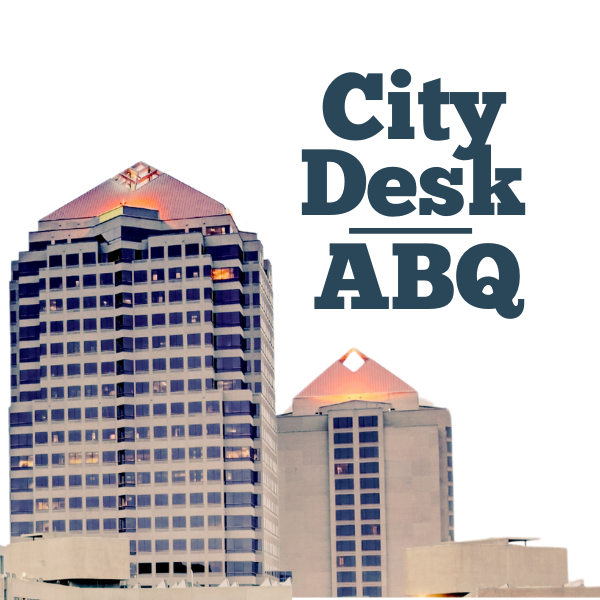The City of Albuquerque has reduced its backlog of public records requests to fewer than 1,000 for the first time since June 2023, while resolving more than 65% of all requests within 20 days, city officials announced.
The improvements come as the city received more than 15,900 requests in fiscal year 2025, a 13% increase from the previous year, according to the Office of the City Clerk’s annual report released this week.
“In FY 2025, we’ve proved that staying ahead of public records requests is possible, even as they reach record levels,” City Clerk Ethan Watson said in a statement. “By closing most requests within 20 days, we’re giving residents faster access to information while protecting sensitive details that deserve care.”
The city’s backlog peaked at more than 1,177 requests earlier in fiscal 2025 before dropping to 993 by year’s end, according to the report. More than half of all requests — 52.5% — were resolved within 15 days.
The improvements stem from what Watson described as a “system-wide overhaul” that includes a triage process to sort incoming requests by complexity, expanded digitization of records and additional staffing.
The triage team determines which requests can be closed quickly and which require coordination with other departments or in-depth technical review, allowing staff to resolve straightforward requests immediately while setting realistic timelines for complex ones, according to the report.
The city digitized more than 800,000 records in fiscal 2025, with particular focus on Albuquerque Police Department records, which comprised 72.7% of all requests received. The office now employs 28 dedicated staff members.
Commercial requesters, primarily law firms and insurance companies, submitted 51% of all requests. The top requester was LexisNexis with 877 requests, followed by Parnall Law Firm with 778 requests.

Watson noted that the state’s Inspection of Public Records Act has not kept pace with modern digital records, including emails, body-worn camera footage and social media.
“IPRA must be modernized to reflect today’s digital reality — or cities will continue to face structural barriers to efficiency,” Watson said.
The city has seen requests more than triple from approximately 4,500 in fiscal 2017 to over 15,000 in fiscal 2025, according to the report.





